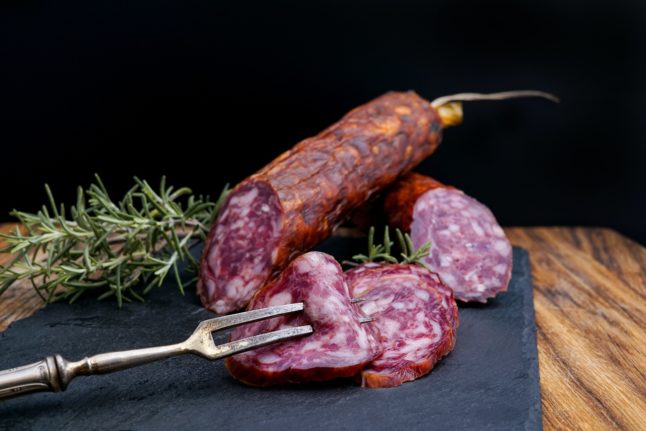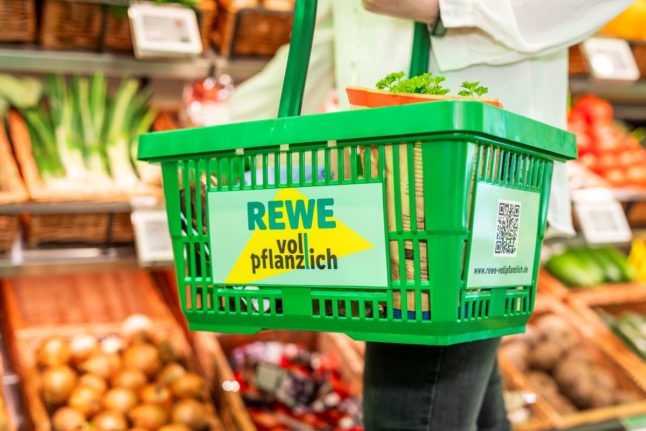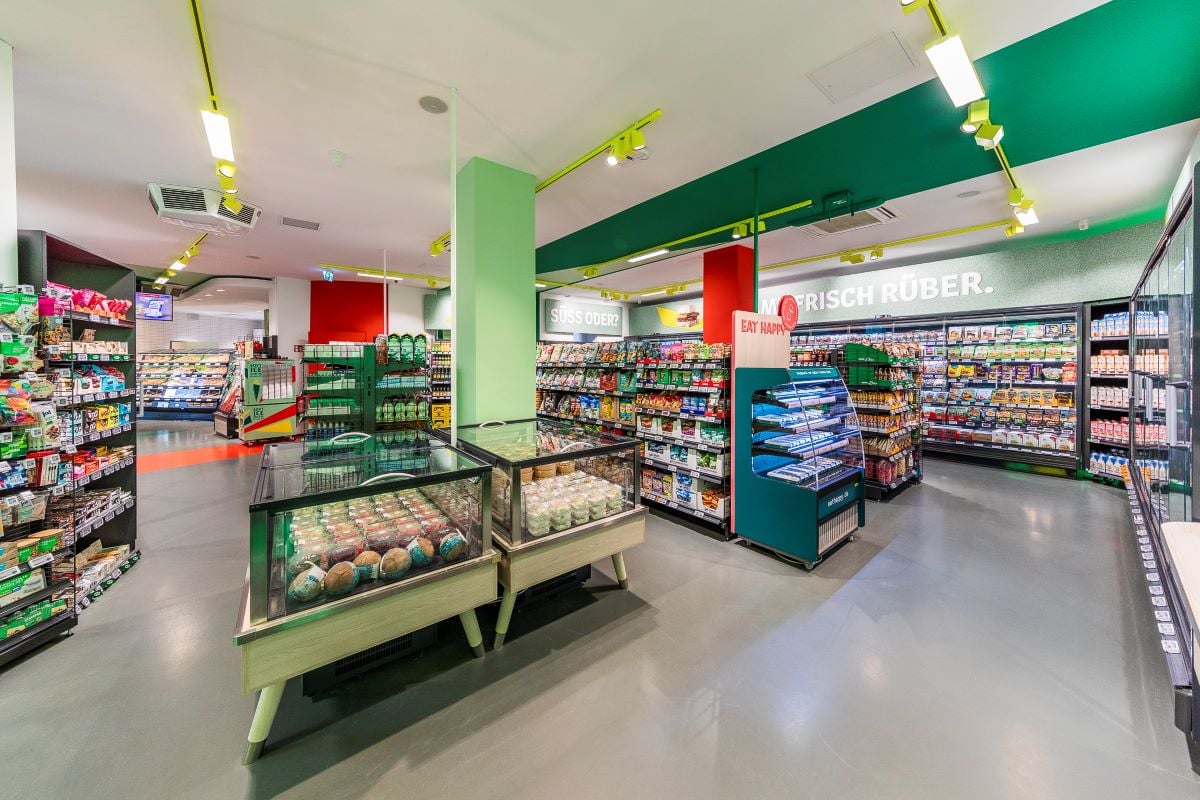Though the two neighbouring countries of Austria and Germany have a lot in common (think language, history, cuisine), there are some particular aspects of Austrian culture that still manage to surprise their German cousins. We explore a few of them.
Diplomatic communication
While Germans tend to favour concise, direct communication, Austrians are much more likely to convey messages indirectly.
Generally, if an Austrian has something negative to say, they will package it up in a long sentence to soften the blow.
As Mathias Haas from Easy German Austria explains: “Austrians are definitely not as direct (as the Germans)…often this means including a kind of apology or a justification in a statement.”
Sometimes this kind of communication requires a more discerning ear to decipher the real message and can leave Germans puzzled.
A dawn to dusk lifestyle
Both Austria and Germany share Ruhezeiten (“quiet times”) regulations, enforced between the hours of 10 pm and 6 am on weekdays and all day on Sundays.
However, when it comes to working hours, Austrians tend to shut up shop a lot earlier than the Germans.
Austrian companies and local authorities often have limited Sprechstunden (“opening hours”) that extend only until 12 pm on weekdays, while in some big cities – such as Vienna – supermarkets generally close at 6 pm.
READ ALSO: Six things foreign residents should never do in Austria
This tendency to finish early reflects the general Austrian preference for being early to bed and early to rise, which contrasts strongly with the more flexible working hours of their German neighbours.
Next-level nudity
While many Germans don’t have a problem with being naked in certain places (e.g. saunas and certain FKK beaches) naturism is much more widely embraced in Austria.
So much so, that the country’s capital Vienna is home to a 5-kilometre stretch of nudist beach right in the middle of the Danube River. Austria also maintains gender-mixed saunas in which nudity is obligatory, diverging from the more segregated sauna culture in Germany.
READ ALSO: Reader question: Do I have to be naked in Austrian saunas?
“Nudism is something important in Austria and it’s something you get used to already at school,” Mathias from Easy German Austria explains.
“It’s normal in schools, gyms, and football clubs to have shared showers in the changing areas, so people are used to seeing each other naked.”
Cleanliness
Austria’s commitment to cleanliness often stands out to the Germans.
While, in cities like Berlin, for example, finding a street without trash or cigarette butts is as about as likely as striking oil in your Kleingarten, Austria prides itself on its well-maintained public spaces.
In Vienna, the successful maintenance of a spick and span city has been thanks to the city’s pro street cleaning team – the MA48 – as well as public cleanliness campaigns, including a very catchy one about collecting dog poo.
The phrase Nimm ein Sackerl für mein Gackerl translates to “Take a bag for my little pile” was part of a city-wide campaign to remind dog owners to clean up after their pets.
The love of meat
As the undisputed home of the sausage, you certainly can’t say that Germans don’t like meat. But while traditional meat dishes are still widely eaten throughout Germany, Germans are also accustomed to having an array of vegan and vegetarian choices, too.
Austria’s culinary landscape, on the other hand, is much less accommodating to non-meat eaters.
While Germany has embraced the shift towards plant-based diets, Austrian menus often lean more towards traditional meat-heavy dishes and finding vegan or vegetarian alternatives can be a bit of a challenge.
READ ALSO: Debate sizzles as meat eating hits new low in Germany
In fact, Austria’s meat consumption has reached a concerning level. By May of this year, the recommended annual meat consumption per person had already been exceeded in Austria, more than six months ahead of schedule. In contrast, Germany has experienced a downward trend in meat consumption, with 2022 marking the lowest meat consumption in over three decades.




 Please whitelist us to continue reading.
Please whitelist us to continue reading.
Member comments